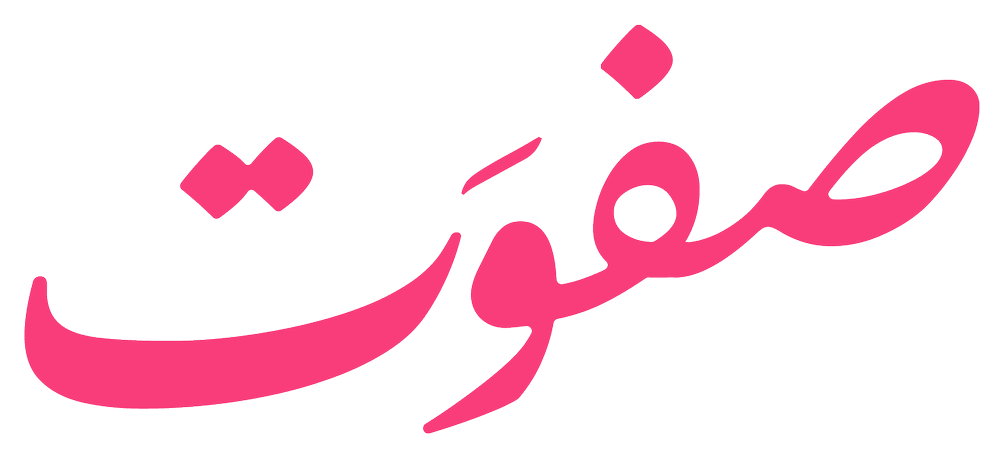Oral History (of us)
Audio installation, 5 minutes, 2022
My mother speaks to me in Punjabi, but I respond back to her in Urdu. I speak to my daughter in Urdu, but she responds back in English. My mother and my daughter do not communicate in any verbal language – just smiles, hugs and food. Over the course of just one generation, Punjabi is a lost language in my family. My sibling and I did not make an effort to learn the language. We chose to speak Urdu (Pakistan's national language) over Punjabi (a regional language) because it helped us assimilate easier as immigrants living in the U.A.E.
Now as immigrants in the U.S., Urdu, too, might be a lost language in my family. Despite my best effort to get my daughter to take an interest in it, Urdu, along with the culture I grew up with, might not be a part of my daughter’s life. Oral History (of us) invites the audience to listen to a cassette tape and then discard it in trash. The audio on the tapes is a letter addressed to my daughter, covering a few centuries of our history.
Transcript
It started with the arrival of a boat and the new people it brought. They looked like the sun reflected light off their skin, much like a glowing moon. We took an immediate liking to them.
They said they were here for our benefit, and we believed them. We gave them a place to stay and spices to trade. They said they liked our beautiful, colorful clothes, and we liked that very much. It’s nice when people say complimentary things.
Soon more people arrived on even more boats. They looked similar but spoke differently. We traded things with them too. They had nice things like potatoes, tomatoes, weapons and armies. They said we could have these nice things if we wanted. But not all of us, just our kings and queens. Yes, it’s true, we were once our own kings and queens.
Over time our kings and queens (but let’s be honest - it’s mostly our kings who deserve the blame here) began to settle disputes on the backs of the weapons and armies of the glowing moon people. So they brought in even more armies. One can never have too much of a good thing.
Eventually they had brought in enough armies and weapons that they felt they didn’t really need our kings and queens anymore. And so they declared what was ours was theirs and what was theirs was also theirs.
We laughed nervously.
They took our food and made it their own. While they were at it, they took our jewels, resources, freedom and agency. They tried to take our mangoes but, HA, good luck suckers. Good mangoes won’t grow anywhere else. The joke was on them.
They took over our palaces and lived comfortable lives while we worked hard to make sure that their lives were comfortable in our palaces. They spent their days playing cricket and drinking tea. We wished we were just like them.
They told us what to wear and how to speak. They taught us how to play cricket and we liked that very much. They enslaved us and this we did not like as much as cricket.
They gave us chai and held onto it for dear life.
Some of us rose up and fought them but no one remembers their names now.
They made us fight in their wars and then when they got tired of us and eventually left, they made us fight each other. Neighbors turned on their neighbors. Families were separated. Trains full of people were burned. Many of us died -- too many, really. One country became two and then three.
We were heartbroken.
Life went on for the most part as we tried to forge our own paths. We still fought, though. First with people of other religions and then we fought with people of our own religions.
We fought wars with weapons and then we fought with words. We are still going back and forth with that these days.
We sang patriotic songs and waved our new flags. We celebrated independence days and thanked our respective Gods for our respective freedoms. We formed democracies only to have them dismantled by dictators. This happened over and over again. We ate copious amounts of mangoes.
Because we needed more than just chai to survive, many of us tried our luck elsewhere. Some were more desperate than others. Some traveled to lands close by while others traveled great distances. We were not really welcome anywhere and felt a little lost, but we tried to make new homes anyway.
That’s exactly what I did. Just like my father and his father before him. Moving from one place to the next, all of us trying to find a place to belong to.
A lot of life happened but all of that feels irrelevant. Because somewhere between trying to make a new home here and feeling like I didn’t belong anywhere, I met your mother.
We fell in love, ate delicious food and talked about our favorite podcasts. We went on walks, road trips and to the grocery store. We got married and made a new home. Your mother’s dog went on to become my dog. Then you came along and James became your dog, too.
You see, so much had to happen to get us to this current moment. Where, every Saturday afternoon, I sit at the dining table across from ammi, with you in my lap. We drink chai and we eat desi biscuits. Ammi doesn’t understand anything you say but you two communicate anyway. And we talk about how your nose looks exactly like mine.




